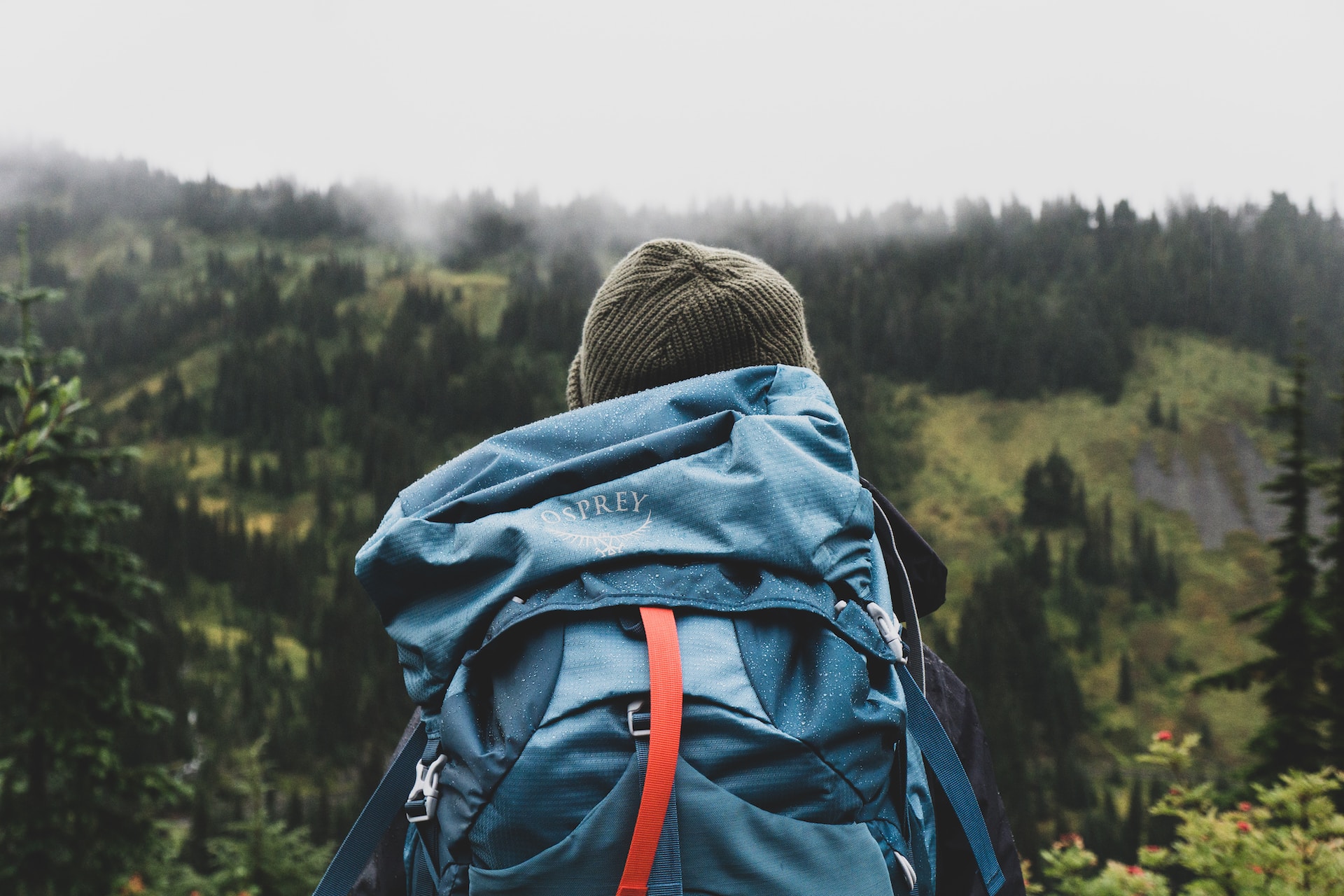
Heads up: some of the links on this site are affiliate links. If you click and make a booking or purchase, I’ll make a commission (at no extra cost to you). I partner with companies I personally use and the $$ goes towards creating more awesome, free travel content.
Exploring unfamiliar territory and forging new connections with nature are all made possible by going on off-the-beaten-path experiences, which excite and surprise us. These experiences, however, come with inherent hazards and the possibility of unexpected emergencies. This is where first aid training from an accredited provider like FirstAidPro comes in handy. Having first aid skills will ensure you can handle medical situations properly, giving you peace of mind and fully immersing yourself in the thrill of off-the-beaten-path exploration. This blog will review important first aid information and methods to keep you prepared and safe throughout your unusual trips.
Pack A Comprehensive First Aid Kit: Must-Have Supplies
Every expedition must have a well-equipped first aid kit. Your kit should have bandages, adhesive tape, antiseptic wipes, gauze pads, tweezers, scissors, and disposable gloves. Consider carrying products appropriate to your activity, such as blister treatment, bug repellant, sunburn cream, and medications for common ailments. Inspect and restock your supplies regularly to keep your first aid kit filled and updated.
Assessing Risks: Recognising Potential Wilderness Hazards
Identifying potential risks and hazards in the wilderness is critical before embarking on your expedition. Investigate the location you intend to visit and become acquainted with any potential hazards, such as unstable terrain, wildlife interactions, or extreme weather conditions. If you understand the hazards, you may take proper safeguards and adapt your plans. Consult with local authorities or experienced adventurers for vital information on the specific risks linked with your selected destination.
Managing Common Injuries: Sprains, Cuts, And Burns
Sprained ankles, wounds, and burns are common ailments during outdoor pursuits. Understanding how to treat these injuries as soon as possible is critical. Learn how to immobilise sprains, clean and treat wounds, and relieve pain using basic first aid procedures. Understanding how to identify and respond to various injuries can allow you to provide emergency care while avoiding further issues.
If you wish to begin an extraordinary journey to manage common injuries and participate in a complete first aid course, look no further than Skills Training College. It is an excellent place for anyone interested in becoming a first aid expert. It provides you with the appropriate starting point for this life-changing adventure.
Insect Bites And Venomous Encounters: Handling Insect Bites And Stings
Off-roading increases the likelihood of contact with insects and other potentially dangerous animals. Understanding how to deal with bug bites and stings is critical to avoid allergic responses and control discomfort. Carry insect repellent and learn proper tick and other implanted pest removal techniques. If you’re a local of Tasmania and ready to participate in a thorough first aid course to study the signs and symptoms of poisonous bites and stings, then you should check out First Aid Courses Tasmania.
Heat And Cold-Related Emergencies: How To Handle Heatstroke and Hypothermia
Extreme temperatures might be dangerous during outdoor activities. Heatstroke and hypothermia are both dangerous disorders that necessitate rapid medical intervention. Recognise the symptoms and understand how to deal with these emergencies. Stay hydrated and protect yourself from extreme heat or cold. Dress for the weather and be aware of early warning signals to keep these situations from worsening.
Learning How To Get Around And Find Assistance In Isolated Places
Remote areas may limit access to rapid medical aid while travelling off the usual route. Developing basic navigation abilities is critical for locating aid in an emergency. Carry a good map and compass with you, or utilise GPS gadgets or smartphone apps for outdoor navigation. Learn about area landmarks, emergency medical services, and evacuation routes. In emergencies, being able to travel successfully can dramatically shorten response time.
Basic Life Support Training: CPR And AED For Outdoor Enthusiasts
Outdoor enthusiasts must be trained in CPR (Cardiopulmonary Resuscitation) and AED (Automated External Defibrillator). In the event of a cardiac arrest, these treatments can save a person’s life. Enrol in a certified CPR and AED training course to learn the right skills and build confidence in handling cardiac crises. While waiting for expert medical care, prompt and effective CPR can dramatically raise the odds of survival. If you live in the Perth area and want to learn CPR and other first aid techniques from qualified teachers, enrol in First Aid Course Perth.
Establishing Effective Emergency Communication Channels: Communicating For Help
Establishing strong emergency communication lines is critical for off-the-beaten-path expeditions. Investigate the communication options available at your destination, such as satellite phones, emergency locating beacons, and two-way radios. Check that your equipment is in good working order, and keep spare batteries or power banks on hand. Establish a frequent check-in system and share your vacation schedule and emergency contacts with trusted folks. The ability to communicate for assistance can speed up rescue operations and ensure prompt medical treatment.
Improving Your First Aid Knowledge And Abilities For Use In Remote Areas
Consider taking a first aid course for remote areas to improve your first aid abilities and understanding. These specialised training programmes include issues particular to outdoor and rural areas. Hands-on experience, simulated scenarios, and expert advice are provided in wilderness first aid courses, preparing you to address a wide range of medical emergencies effectively. These courses will provide important information and confidence, allowing you to act decisively in critical situations.
Mental Preparedness: Stress And Anxiety Management In Adventure Situations
Off-the-beaten-path trips might be mentally taxing at times. Managing stress and anxiety is critical for making informed decisions and remaining calm and focused. Use mindfulness techniques such as deep breathing exercises and visualisation to relieve stress and improve mental clarity. Create coping mechanisms to deal with unexpected scenarios and maintain a positive attitude in difficult times. One’s preparedness to deal with crises can be enhanced by maintaining good mental health.
Conclusion
Protecting your adventures with first aid skills is essential while stepping off the main road. By taking complete first aid supplies, identifying hazards, and knowing how to manage common injuries and emergencies, you may enjoy your trips with confidence and peace of mind. Learning skills like CPR and outdoor first aid enhance your capacity to deal with stressful situations. Mentally prepare yourself, establish dedicated communication channels, and constantly assess potential hazards. Make your journey safer and more enjoyable by including first aid practices in your planning.



